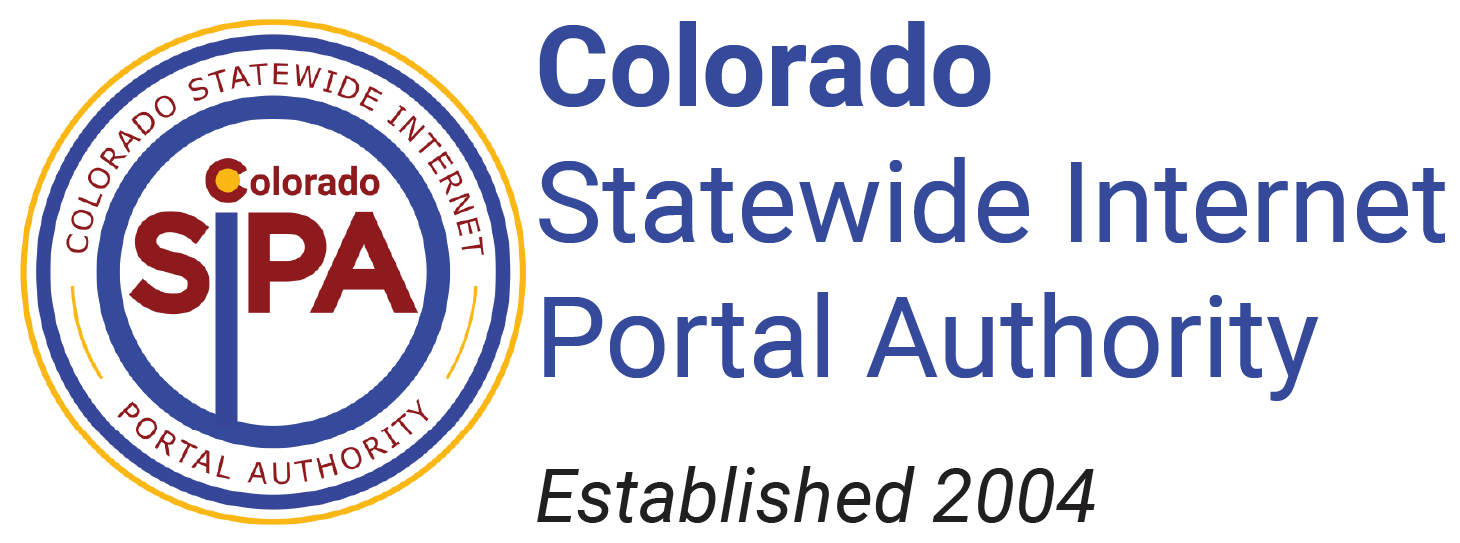Micro-Grant FAQs
What is an EGE?
An Eligible Governmental Entity (EGE), to SIPA, is a state agency, local government, special district, K-12 public education, or public university or college in Colorado (enabling legislation C.R.S. § 24-37.7-101 et seq.).
An Eligible Governmental Entity Agreement (EGE Agreement Form) with SIPA is for the purpose of defining circumstances and responsibilities for e-Government services. All agreements, project requests, and work orders are at the discretion of the governmental entity. The EGE agreement is to ensure your organization is legally recognized as a state or local government, special district, public K-12, university or college institution in Colorado and lays the foundation for future projects with the Portal at the discretion of your entity.
Do I need one?
It is required to have an executed EGE on file before a micro-grant application is accepted.
Do I already have one?
If you would like to see if you already have an EGE on file, send an email to sipa@cosipa.gov.
What if my EGE (government) is unsure whether it can receive the funds?
For grant requests to be awarded for services and/or equipment, the government entity must be able to accept the grant funds from SIPA if awarded. If not, or if the applicant has any doubt regarding accepting a grant, please provide a plan outlined and approved by the necessary parties, including the names, email addresses, and phone numbers of those necessary parties. This plan will only be accepted as part of the application process.
What kind of projects can be submitted for consideration?
Micro-Grant funding is for projects that support SIPA's mission of providing residents access to government through effective and efficient online and mobile technologies. They can be applied toward the one-time cost to implement a new technology, but not for ongoing subscriptions.
Micro-grants are not intended for back office software or hardware projects, operational maintenance, or GIS database development.
What if my government has been awarded funds in the past?
Past SIPA grant applicants/awardees are encouraged to reapply. Additionally, applicants must answer whether the government entity has applied for and been awarded a SIPA grant in the past. In order to receive grant funds for the current grant cycle, governments must have expended or encumbered previously awarded funds.
Will SIPA award less or more than the outlined range?
Smaller and larger grants will be considered up to $10,000.
What is my government entity required to do in return for a grant award?
- Grant awardees are required to submit a grant eligibility form to SIPA.
- Provide a short video on the awarded project.
- Upon completion of items 1 & 2, ACH information will be requested in order to release the funding.
- Submit an update on the project through the online portal.
- We strongly encourage you to attend the Annual SIPA User Conference to be recognized throughout the SIPA community!
What is the difference between the single point of contact for the application and the single point of contact for the project requested?
An applicant must provide contact information for both, if the single point of contact for the project requested is different from the person completing the application. If so, contact information must be provided for both, including email addresses, phone numbers, and mailing addresses.
Can my government entity submit more than one application for a grant award from SIPA?
Yes, governments may submit up to two applications. The projects must be distinctly different from each other and separated by using one application per project request. If an entity submits more than one request per form, all requests will be disqualified.
How can my government learn more about e-Government services offered through SIPA?
Check our Services Page. Call 720-409-5636 or email sipa@cosipa.gov anytime. Also, SIPA's User Conference is designed for entities to learn about SIPA's portfolio of technology services through supplier presentations and training sessions (not sales pitches!). The User Conference is also the place to network and share ideas with other government entities. SIPA is present at various conferences throughout the year. Please connect with us for more information.
